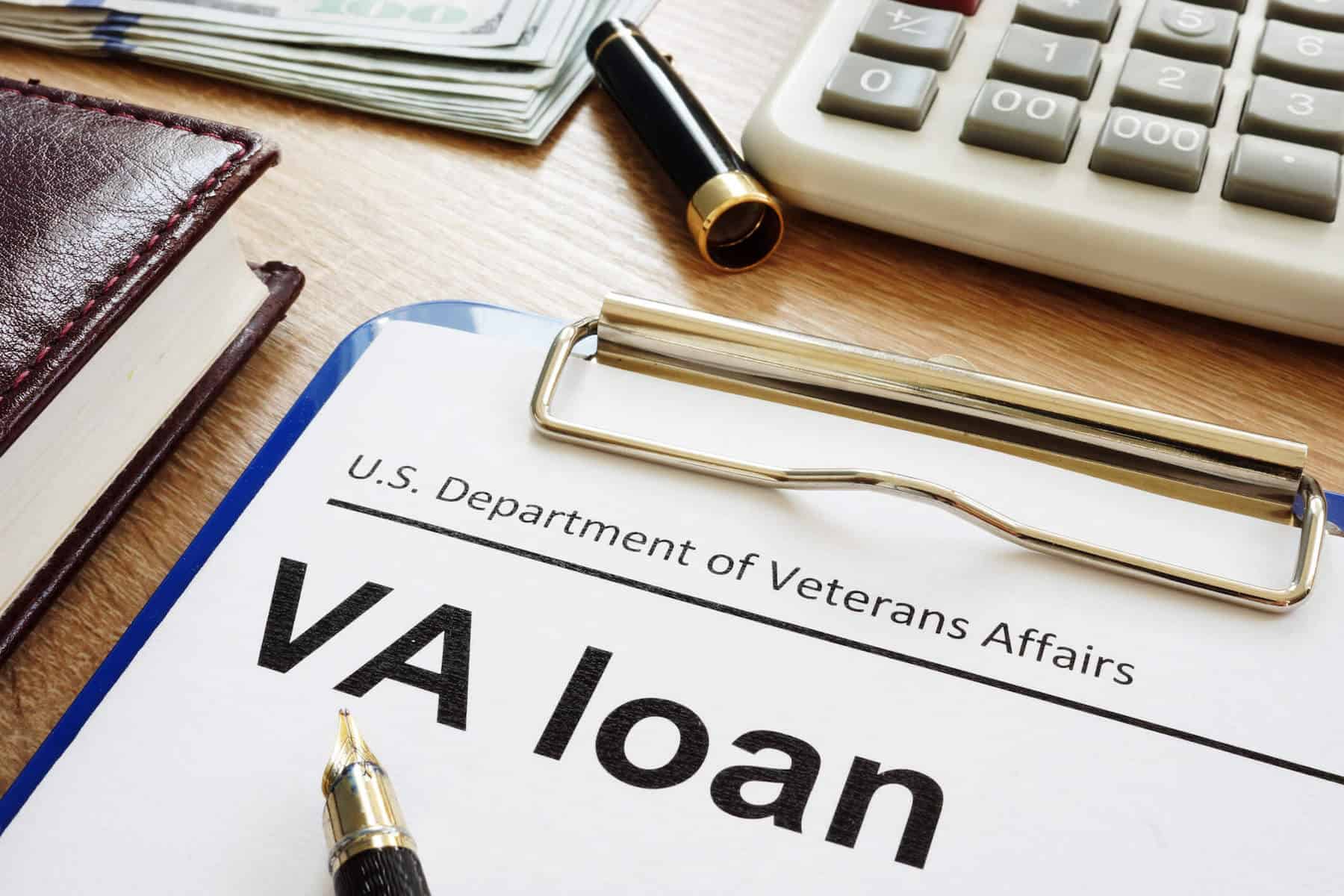The initial VA loan was designed by the federal government to offer veterans returning from World War II an affordable path to the property. The VA loan is currently administered by the Department of Veterans Affairs.
It’s vital to remember that the VA does not provide loans. Instead, it ensures that a part of every loan made by VA-approved lenders is guaranteed. In other words, if a veteran default on a loan, the VA will repay the lender for a percentage of the unpaid sum.
For qualified presently serving military personnel, certain surviving spouses of military members who have died on active duty, and veterans, the best VA loans for bad credit in Chicago, IL are a terrific method to take advantage of the VA’s benefits. Consider the several advantages of a VA loan when searching to buy your dream house.
VA Home Loans with No Down Payment
VA loans do not demand a down payment. For lower-ranking, junior enlisted soldiers, having no down payment on a house loan is a tremendous benefit. In certain cases, a down payment is necessary; your FICO ratings and credit history may influence whether or not a lender would provide you with a no-money-down loan. There are other times when cash is demanded upfront because the home’s asking price is more than the appraised worth. The borrower is compelled to pay the difference in cash in such instances.
No Need for Private Mortgage Insurance.
Some lender fees are prohibited by the VA. Veterans who use the VA to finance their houses have the ability to negotiate costs directly with lenders. Interest rates, the number of closing costs, and other fees are not established by the VA home loan program or participating lenders. As a result, veterans will have more freedom to investigate the closing fees, rates, and mortgage conditions offered by other lenders.
The VA sets a cap on the number of money lenders may charge veterans for closing fees. For example, on new construction regulated by the US Department of Housing and Urban Development, the VA will restrict lenders from charging veterans for lawyer’s fees, brokerage fees, or inspection fees. Those specific requirements are intended to make house ownership more affordable for the veteran population.
When you go under contract, choosing homes that fulfill the VA’s minimal property standards might save you time and money. The standards, on the other hand, might be difficult to understand. If you want to use a VA loan, you should deal with a real estate agent that is aware with these loans and the regulations that come with them. Before you make an offer on a property, a knowledgeable realtor will look for red flags, sparing you the misery, time, and money of signing a contract on a home that will never fulfill VA criteria.




